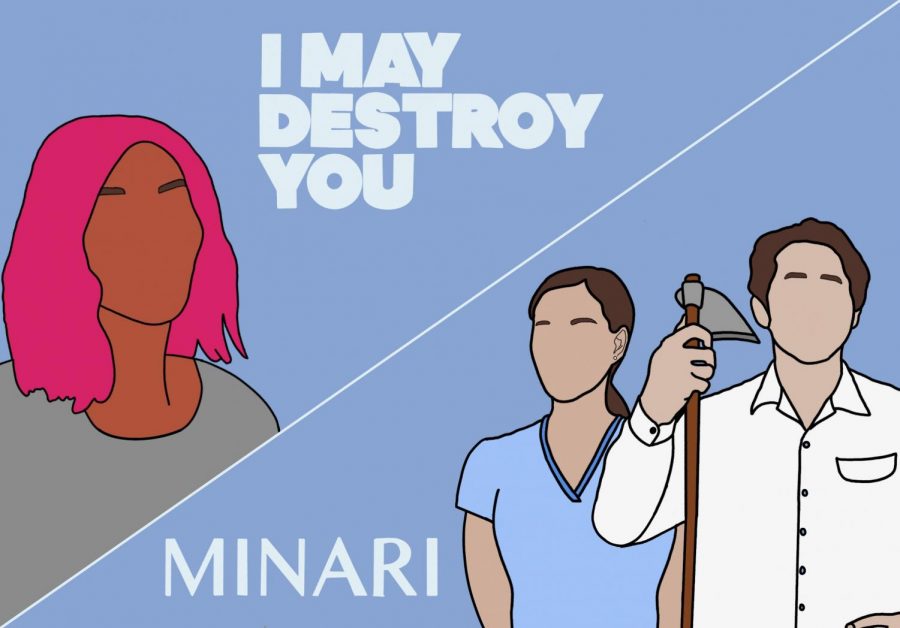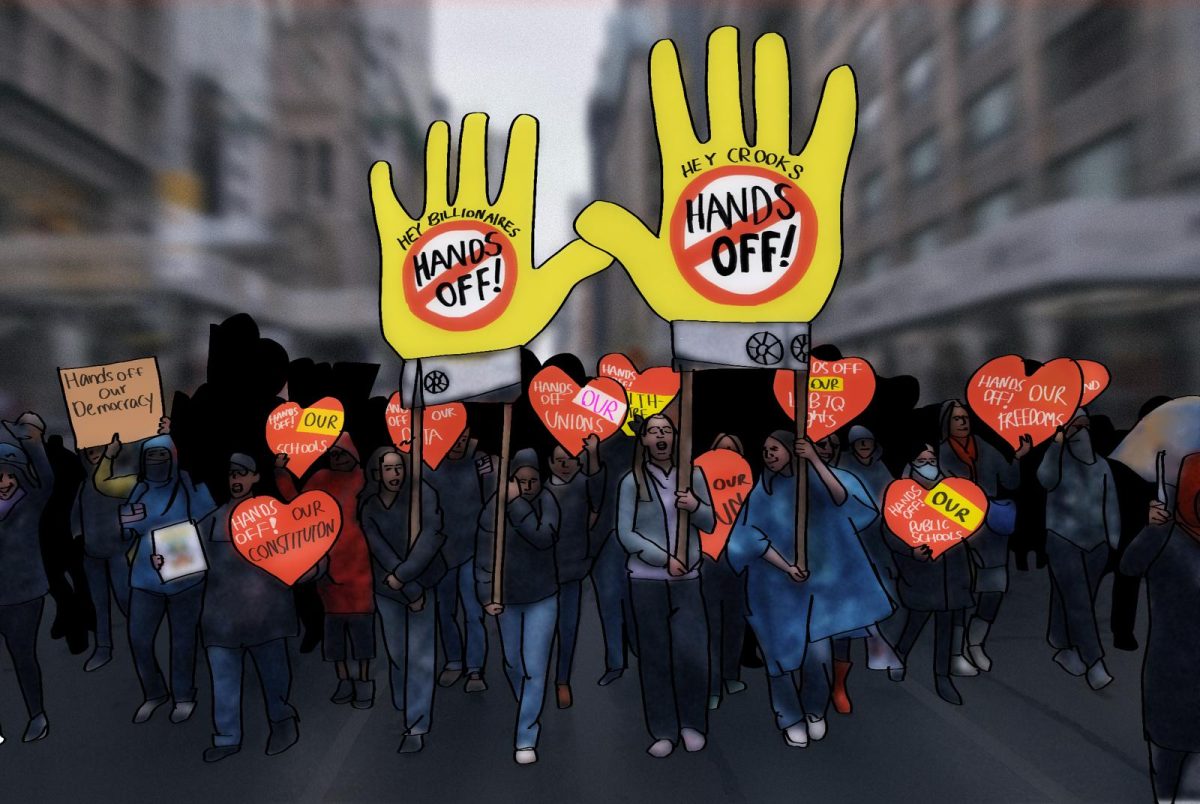What Went Wrong with This Year’s Golden Globes Nominations?
Even with a pandemic, avid movie and TV show watchers got to binge incredible works. Yet, some of them have been shockingly snubbed from Golden Globe nominations. We must wonder, though, is it that shocking?
Feb 28, 2021
The Oscars and the Golden Globes are some of the most watched television programs where regular people get to have a taste of the Hollywood glitz and glamour while watching their favorite movies, TV shows and actors accept their awards. However, time and time again, these award seasons bring about a cognizance of an additional factor in regards to nomination picks — the blatant discrimation against people of color in the cinematic industry.
One of the most upsetting snubs of the season was the lack of nominations for the HBO Max Limited Series “I May Destroy You”. A poignant story based on a young Black woman who had to endure a horrific sexual assault and her slow process of coming to terms with it through humor, love and friendship. Doing so, while unpacking all her previous trauma in extremely difficult and unconventional methods. The main actress Michaela Coel was given full control of developing each episode, on and off the screen. It was her story to tell, and her remarkable abilities of acting and screenwriting drew in viewers from all across the world, with some even calling it the most brilliant show ever made.
This raw and multi-layered series resonated with many, as it created a setting all too familiar: an illuminating realization that often with pain comes strength to take control of one’s life after making “sense of the senseless”. Ultimately, the majority of viewers expected “I May Destroy You” to sweep up nominations with its ability to help shatter barriers on various stigmatized subjects, but nothing was given. This groundbreaking series was kept out of the Golden Globes yet series like “Emily in Paris” weren’t.
The new Netflix series “Emily in Paris” scored nominations in categories like Best Actress in a Comedy Series and even managed to be one of the contestants for Best Comedy Series. This 2-dimensional series is about an American girl in her twenties living in Paris trying to make a name for herself at her high-end marketing firm. Not only does the show’s characters lack diversity, it also promotes the false narrative of French culture; critics even called it a cliche gone horribly wrong. Even the creator of “Emily of Paris” spoke out against her show’s nomination, questioning the Hollywood Foreign Press Association’s decision to nominate it and leave “I May Destroy You” in the dark. For a TV series’ creator to be enraged by their own nomination means something has to be wrong.
Now, it could just be a matter of difficult decisions having to be made considering some of the progress towards inclusivity in the past few years. “Spider-Man: Into the Spider-Verse”, an animated movie created by a Black animator and centered around an Afro-Latino boy, won Best Animated Feature Film in 2019. Alongside this marvelous win came renowned actors and actresses of color like Regina King and Mahershala Ali taking home Best Performance. Nonetheless, this year felt like all this work to get diverse acknowledgements have gone down the drain. With such stature, Golden Globes’ continuous inability to acknowledge shows and movies with a diverse cast and crew helps perpetuate that there is a distinct difference between them and those of all-white ones.
Taking a look at this year’s movie nominations, the phenomenal movIe “Minari” did receive what would become a highly controversial nomination. A raw depiction of a South Korean family immersing themselves into their new lives in rural Arkansas, “Minari” serves as an emblem for all immigrants trying to chase the “American Dream”. Regardless of “Minari” American production company being the renowned A24 and it being filmed entirely in the United States, the only nomination it received was for Best Foreign Picture. A24 did categorize it as a foreign film, but were they given the choice not to?
According to the rules provided by the Golden Globes, any film with more than 50% of its dialogue in a foreign language can only be in the running in the foreign film category. Therefore, if any form of accolade were to be striven for, A24 had to make “Minari” a foreign film. This category deemed “foreign” also fails to recognize individual actors and actresses’ performances either; there is only one award given out. This strict precedent reaffirms that films in English are set to a higher standard, even though the deciding factor, the HFPA, states that all categories are set to the same standard.
“Despite the positive notoriety of it, we see works of art such as Minari disregarded. Despite the best [foreign] picture nomination, Minari could’ve at least received something for Original Score. It’s aggravating, but I’m glad it’s happening. People are beginning to realize a grave issue in the entertainment industry and are eager to uproot it,” senior Samantha Correa said.
Simply put, the lack of diversity in the Golden Globe Nominations is extremely tone-deaf to the political awakening of the moment, almost as though the HFPA did not witness the racial injustice uprisings of 2020 and current violent attacks against Asian Americans. These nominations are blatant examples of the institutionalized processes of the cinematic world that desperately require reform. All TV series and films deserve a level playing field when it comes to recognizing their mastery.












